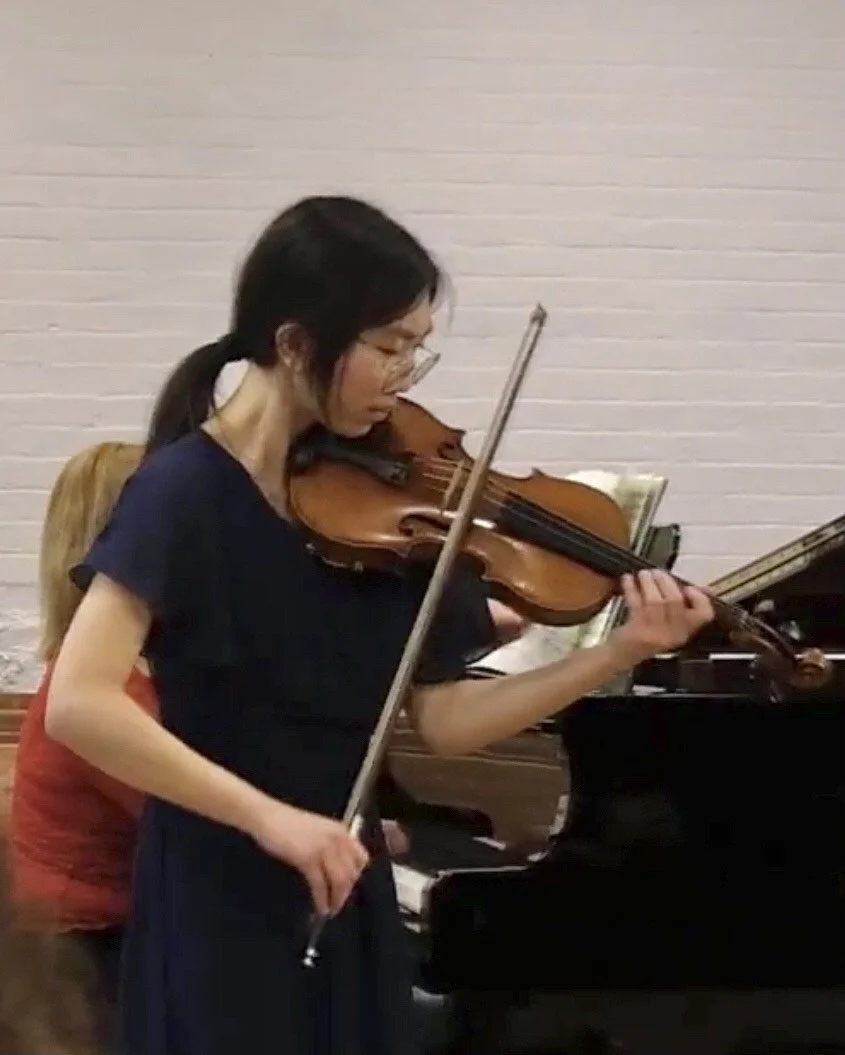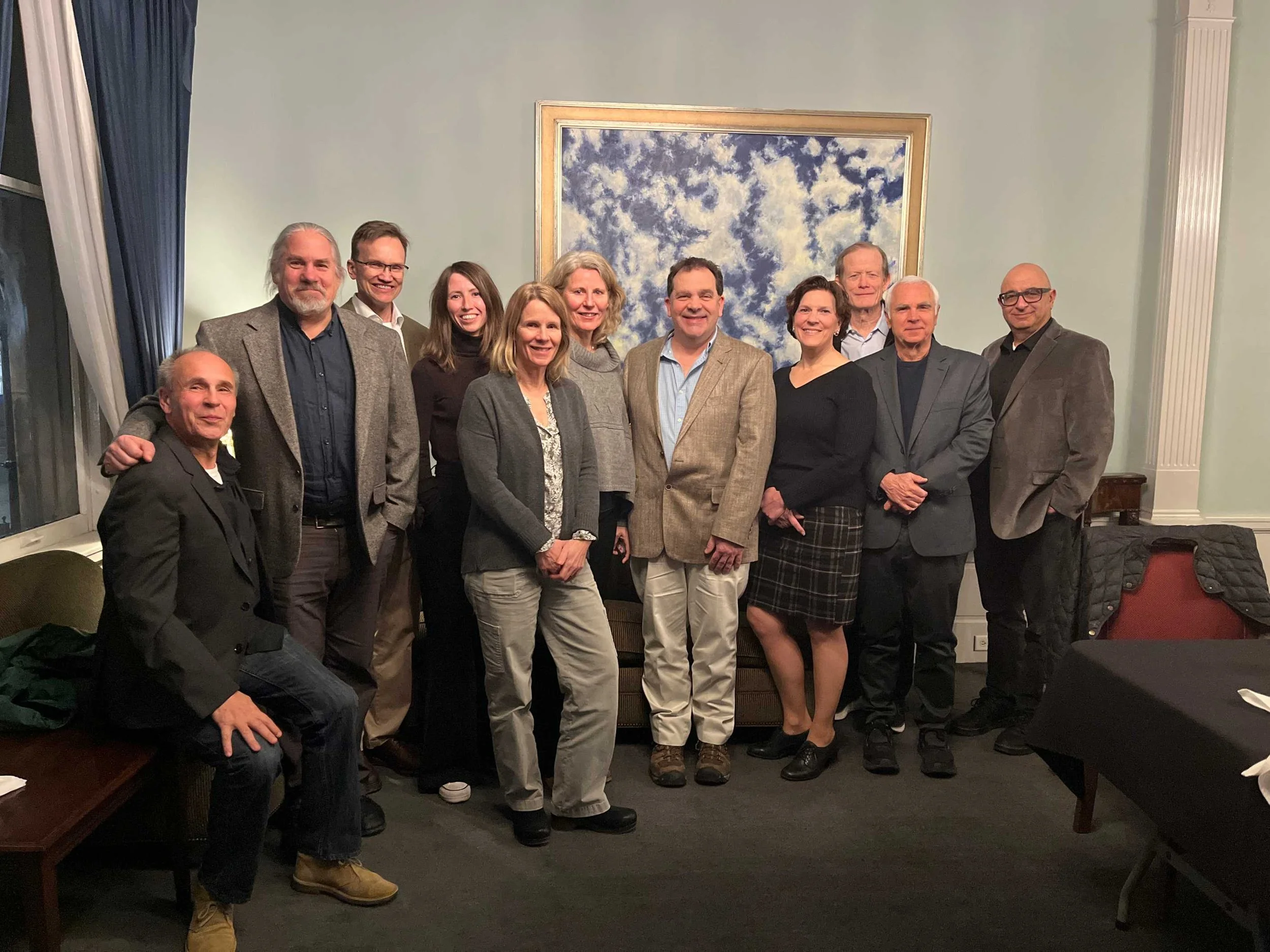Deej makes his hearing aids part of his style.
A parent celebrates her son and is teaching others about being hard of hearing, how to help with hearing care, and how there’s no limit to success.
By Linnette (Wendy) Taylor
This is the story of my 5-year-old son Dayvon. We call him Deej. We’re from Harlem in New York City.
As a baby Deej developed typically. But one day when he was about 6 months old he was struggling to breathe. After we rushed to the hospital Deej was diagnosed with RSV (respiratory syncytial virus), which led to frequent hospital visits for the next year. The doctors also diagnosed Deej with asthma. Soon after, Deej was given a high dosage of steroids that collapsed his lung and created more problems.
While Deej was in and out of the hospital he continued to attend daycare. The childcare provider noticed he wasn’t responding in the classroom the same as before. He didn’t participate in singalongs that he once loved and he wasn’t interested in the lessons.
Deej was also tugging on his ear, so they tested his hearing using a bell, and he did not respond. We took him to the ER to see if something was in his ear causing a hearing loss.
The doctors diagnosed it as an ear infection even though Deej was never in any pain or had any other symptoms. I asked to see a specialist to get another opinion, but this was all at the beginning of the pandemic. We couldn’t get an appointment for over a year.
When we finally saw the specialist, we learned that Deej had fluid behind his eardrums in both ears. The doctors could do minor surgery to drain the fluid, but it seemed like because it had taken so long to see a doctor that there was also nerve damage, leaving Deej with a permanent hearing loss.
I had so many mixed emotions trying to make sense of it all while battling postpartum depression. I was a mess. I started to feel defeated and sometimes felt like it was my fault. I compared Deej and his development to my oldest son who spoke like a proper college graduate at age 2.
I was heartbroken—my son wasn’t speaking, he wasn’t making facial expressions, and he was kind of just there. I felt like this could’ve been avoided if we’d been seen and heard from the start.
Educating Family
Family members and strangers alike would say the craziest things about Deej’s hearing loss, saying he had autism. When I broke the news to our family about Deej needing to wear bilateral hearing aids, they’d say things like “but he can hear,” or “he’ll grow out of it,” and that made me feel like they were ashamed.
They’d baby Deej because of his speech delay, and when he stayed over at their houses they wouldn’t put his hearing aids in his ears. That was very upsetting.
Wendy’s video about Deej’s favorite toy getting hearing aids went viral and was featured in USA Today.
I remember receiving his hearing test after an appointment and I didn’t understand what I was seeing, so I went to the library and did my own research. I decided to put what I learned into an Instagram account that I created for my family to share information and help them understand and help with Deej’s hearing care.
In addition to posting about our daily adventures, I create audio clips of how Deej hears compared with the way we hear, show how he interacts with others, and share instructions on how to care for his hearing aids.
I like to incorporate Deej’s outgoing personality and “swag” into his daily life wearing hearing aids. He is full of energy and has the biggest heart. He’s the kid who will share his snack if he sees someone without one. He is super funny and creative and can learn a song after hearing it twice.
Instead of hiding his hearing aids, I make sure his outfits and hearing aids match. We also create hearing aid accessories with Deej’s favorite movie characters so he feels confident. People need to see Deej and understand that his disability is not his identity.
Deej is proud of who he is and shows it by flaunting his cool hearing aids, accessories, and homemade hard of hearing toys every chance he gets. Nowadays he not only takes responsibility for his own hearing aids, but can also show others how to take care of them.
Advice for Parents
Deej and his family are all learning American Sign Language, too.
Once a child sees how much their parents believe in them, they too become confident. We encountered and overcame many obstacles together. For Deej, being a late talker made it hard to communicate with new people. Last year Deej attended a charter school and he was the only deaf/hard of hearing child in the entire school. He struggled to communicate and got aggravated at times, so at first it was hard to learn in class and make friends, but everything eventually fell into place.
We switched schools starting this fall after touring a school for children with hearing disabilities. He was so excited to see others like him. Also, while Deej’s first language is English he is also a part of the hearing loss community, so we are learning American Sign Language so he can communicate with all of his peers.
My advice to parents is that if you suspect anything is wrong, always check your child’s hearing. I’d also advise putting your feelings to the side and being logical, as acting too emotionally can have a negative effect on your child’s growth and development. The sooner you figure out the cause of a learning challenge, the sooner you can receive help.
I feel like the hard of hearing community has few resources and this can make the disability feel even more invisible. Deej is the only child I know in our community with hearing challenges, but we meet a lot of people online. Parks, pools, schools, movie theaters, and even churches do not cater to this community and I’m hoping to change that in any way that I can.
If you’re newly diagnosed, take time to sort through your feelings. Know that there’s a community waiting to embrace you with a great variety of ways to help. Let’s continue supporting one another and making a difference in the lives of our hard of hearing children.
Linnette (Wendy) Taylor lives in New York City. She learned about Hearing Health Foundation through instagram.com/hearinghealthfoundation. Follow her at instagram.com/mac_jeed. This article is the cover story of the Fall 2023 issue of Hearing Health magazine.











The team’s analysis uncovered a surprising diversity of supporting cells, the “non-sensory cellular guardians” that surround and protect the sensory hair cells and may facilitate their regeneration